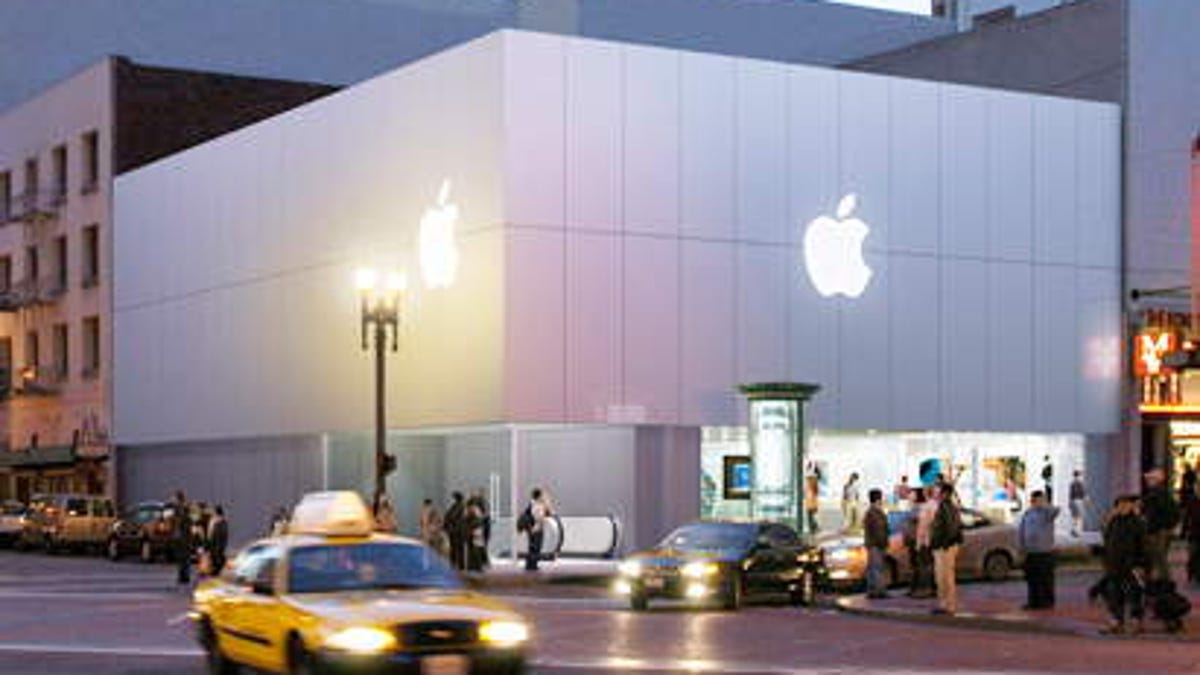Apple easing back retail expansion
A decline in average revenue per retail store appears to have moved Apple to slow its rate of expansion amid a troubled economy.

Apple's fiscal first quarter was a blowout by any standard, but it's worth taking a look at one potential concern: retail.
CFO Peter Oppenheimer reported Wednesday that during the quarter just ended, average revenue per store declined 18 percent, from $8.5 million last year to $7 million this year. Margins were also hurt, declining from $405 million to $353 million, perhaps implying that Apple's decision to amplify its policy of matching discounts offered by other retail partners took a toll.
These numbers should be viewed against the economy as a whole, which was not kind to retail in general or to technology companies in particular (see Microsoft and Sony and Nokia). Retail sales declined by an estimated 2.7 percent in December, after declining by a similar percentage in November. Most of Apple's retail stores are in the U.S. as well, which bore the brunt of the slowdown caused by the credit crunch.
As a result, it seems Apple has decided to take its foot off the gas pedal in its retail segment, which has expanded at a dizzying rate over the last several years. Almost half of Apple's 32,000 employees now work in retail.
The company plans to open just 25 stores this year, with roughly half coming outside the U.S., after opening 50 last year. Apple retail chief Ronald Johnson is also being "very selective with real estate," Oppenheimer said. Apple ended last quarter with 251 retail stores around the world.
When you consider the retail climate in general, that seems prudent. Apple has already reportedly taken steps to reduce costs at its retail stores, cutting hours for part-time workers. And there's obviously some limit to how far Apple can expand; many a retail empire has been taken down by expanding too far, too fast.
Still, Apple will have to watch its retail store network very closely in 2009 for signs of weakness, given how much it has talked up the ability of those stores to reach its customers in a more direct fashion than big events like Macworld.